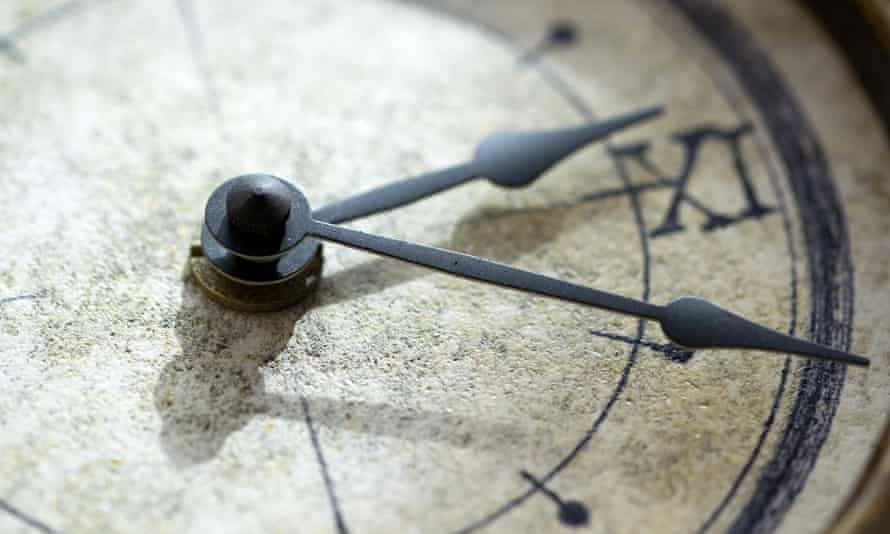It was the work of the clock-dresser to “dress” or clean and repair and regulate old farmhouse clocks
Clock-dressing is one of those out-of-the-way occupations which have virtually died out, submerged under the march of progress. Throughout the Pennines and Dales, where until recent years the clock-dresser was a familiar figure, it would to-day be only by the rarest of chances that you would come upon one, a little old man sturdily striding along with his small leather handbag. And you would need to have met and known the type to guess at the contents of the bag – wire, cord, a collection of small screws and nails, a hammer, pincers, pliers, a can of thin oil.
He has disappeared partly because in the farmhouses there are fewer clocks to-day of the type that need “dressing.” Many of these old grandfather clocks, whose stately, unhurried ticking was, like none other, apiece with the leisureliness of the old days, have gone, and in their place has come the small, machine-produced metal affair that stands on the mantelshelf, a cheeky, fussy intruder that compares ill in feature and in voice with the tall fellow that stood aloof in dignity and in honoured age in the kitchen corner. And the farm wireless outfit, giving the daily time signal, makes regulation a matter of a minute, whereas the steadfastness of the tall clock could be a matter of concern.

It was the work of the clock-dresser to “dress” or clean and repair and regulate these old farmhouse clocks. He was, not infrequently, a journeyman clock and watch maker with an urge to be out in the open, and he inherited, acquired, or established a connection among the farmhouses over en area wide enough to yield him subsistence. At each farm he would make two, perhaps three, calls a year. Not always did the long clock need his care, but at least he was sure of a meal, and possibly an odd job or two on the farm that would also be worth a trifle to him. Unless he called in the height of ‘haytiming’ or such other busy periods as the killing of a pig he would be welcome, for over and above his particular trade he was the carrier of news throughout his round, and in days when farmers seldom went anywhere outside the farm save to market he would have a prime budget, every item of which would be of interest to secluded
As a worker he was thorough; he had to be, for clocks after dressing were expected to keep exact time until his next visit. In the process of “dressing” he could comfortably occupy a whole kitchen, as he took the old clock to pieces and carefully laid apart the sections for their accurate reassembly after cleaning. Dust and smoke and grime were what chiefly he had to clean away. Sometimes he had to supply a new cog-wheel, but that rarely, for the makers, and there were good and famous clock-makers in and about the dales, wrought in the pride of craftsmanship. Sometimes a new cord for the weight was needed; sometimes the weight-holder had to be replugged into the lead weight. Then the careful oiling as each part was put back, for the clock-dresser was not one to decry the value of his work; and, between-times, meals, and if his work was prolonged, supper and bed. There were few farmers whose hospitality would allow them to send forth the clock-dresser to his next call in the evening, unless that call happened to be a neighbouring farmhouse.